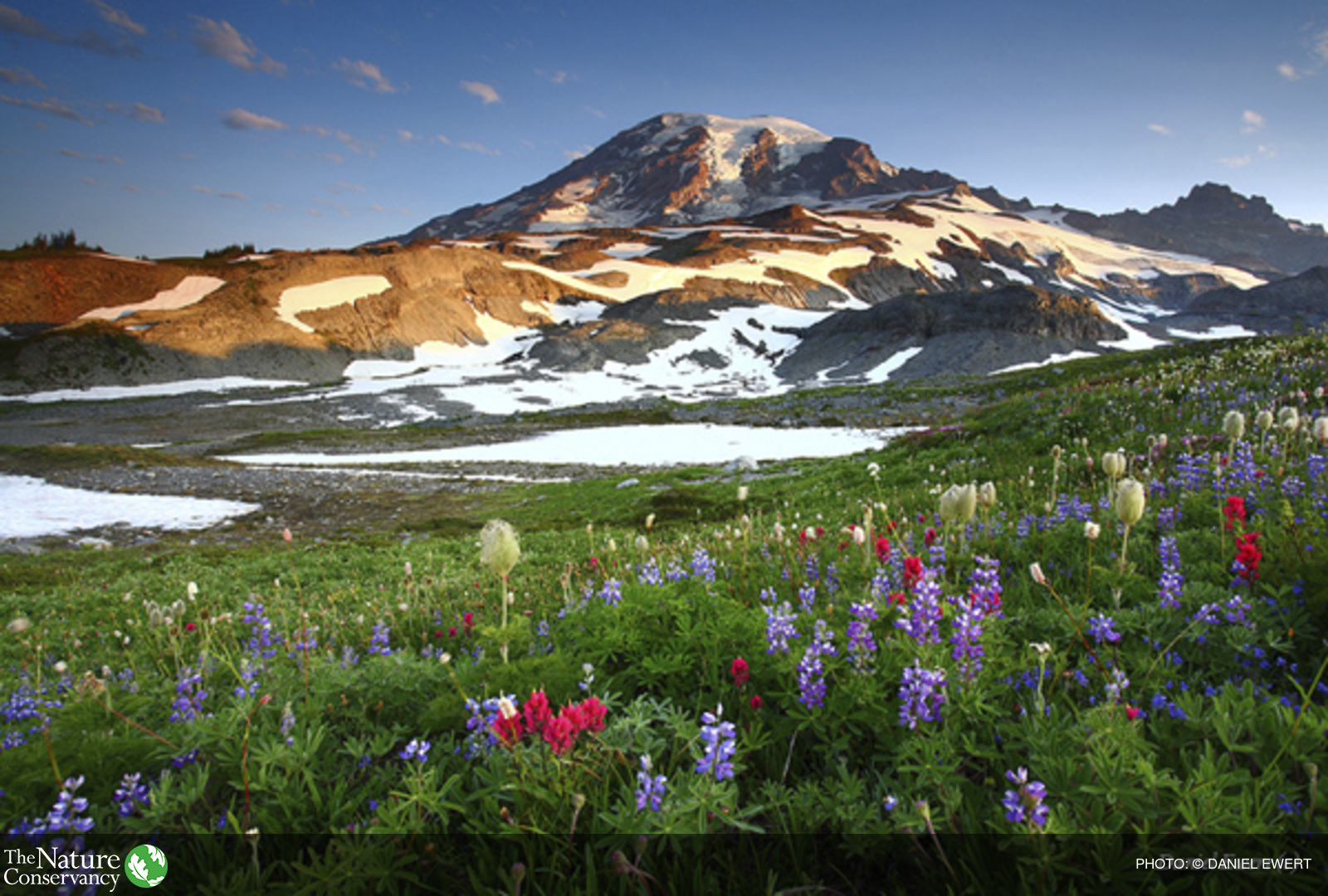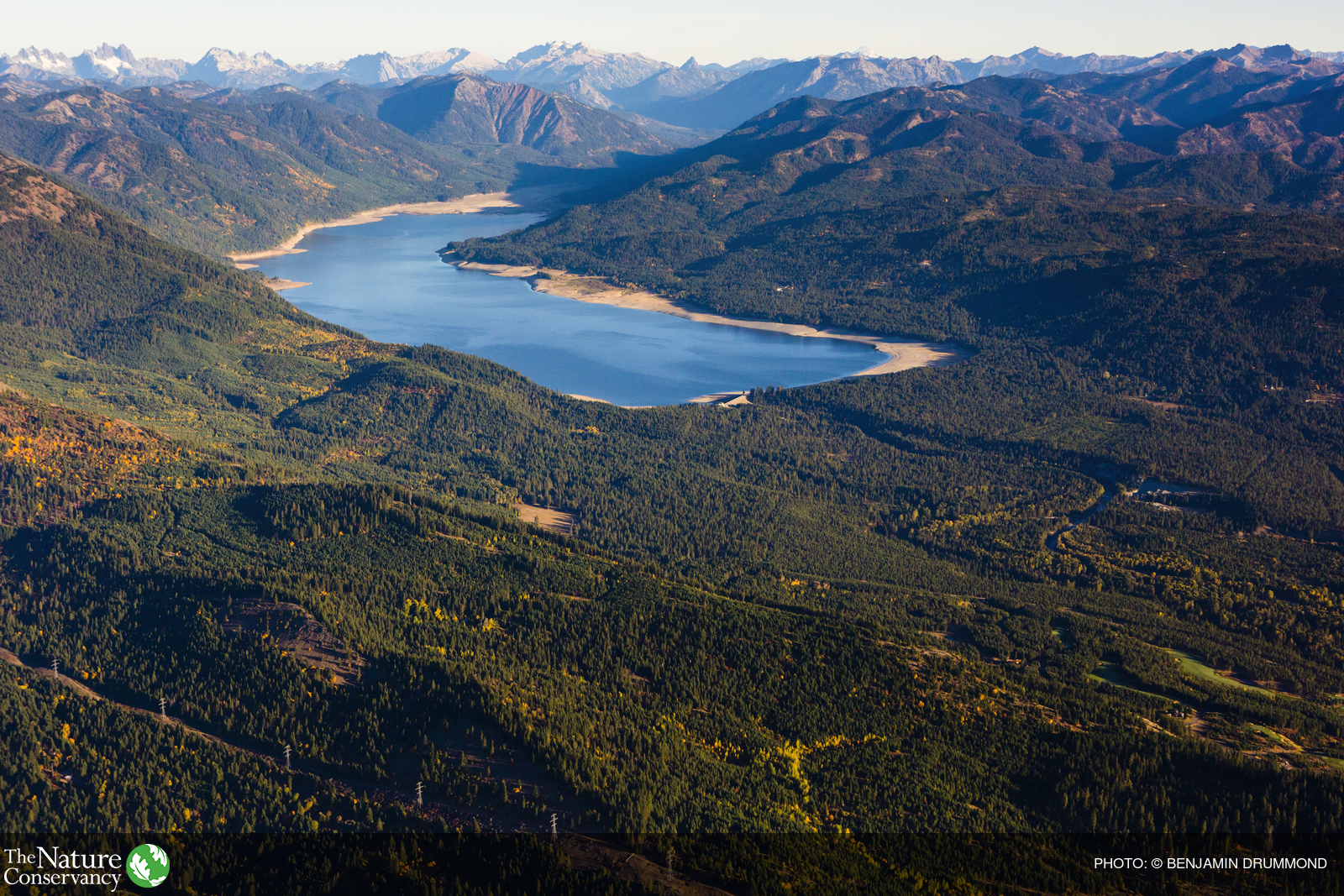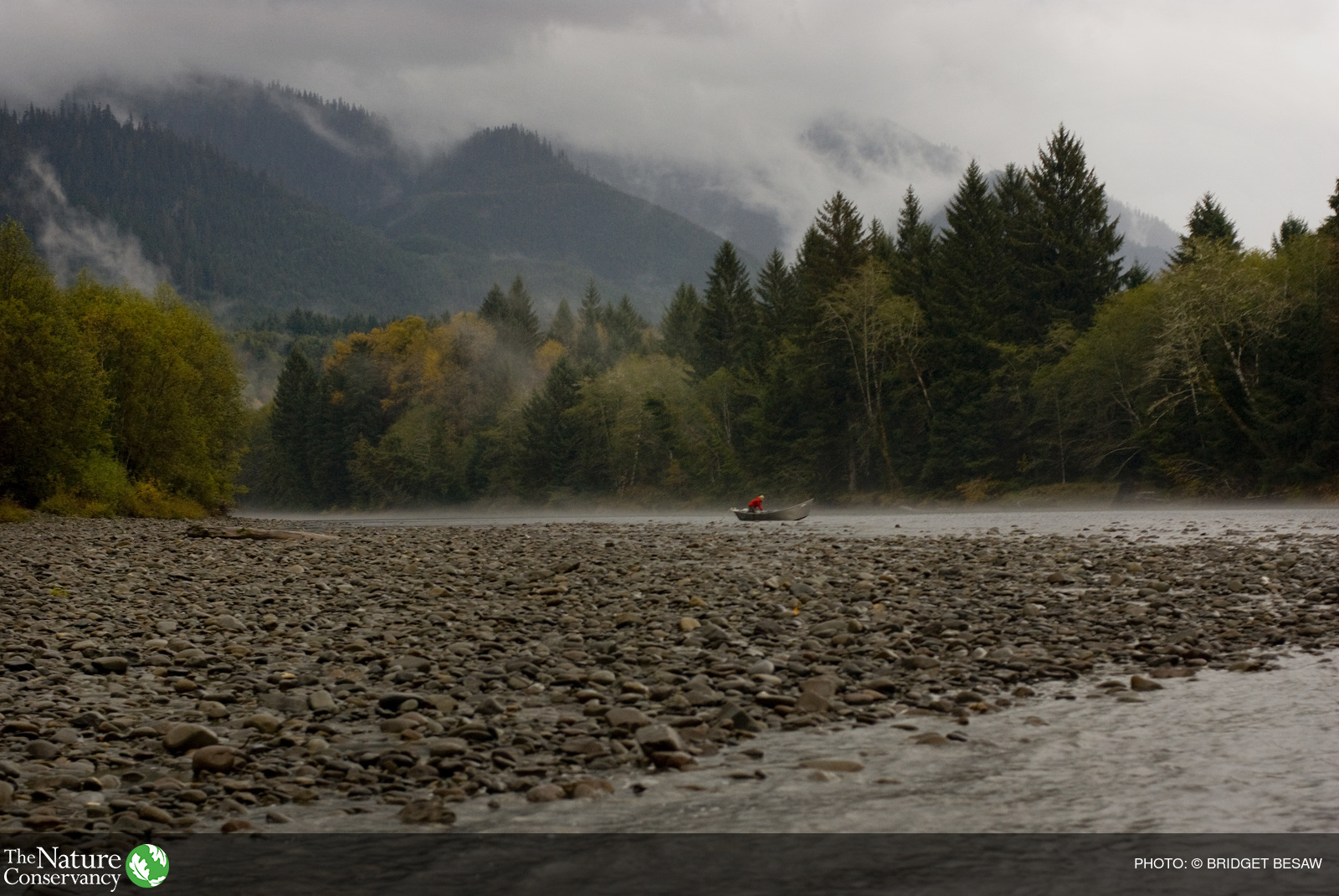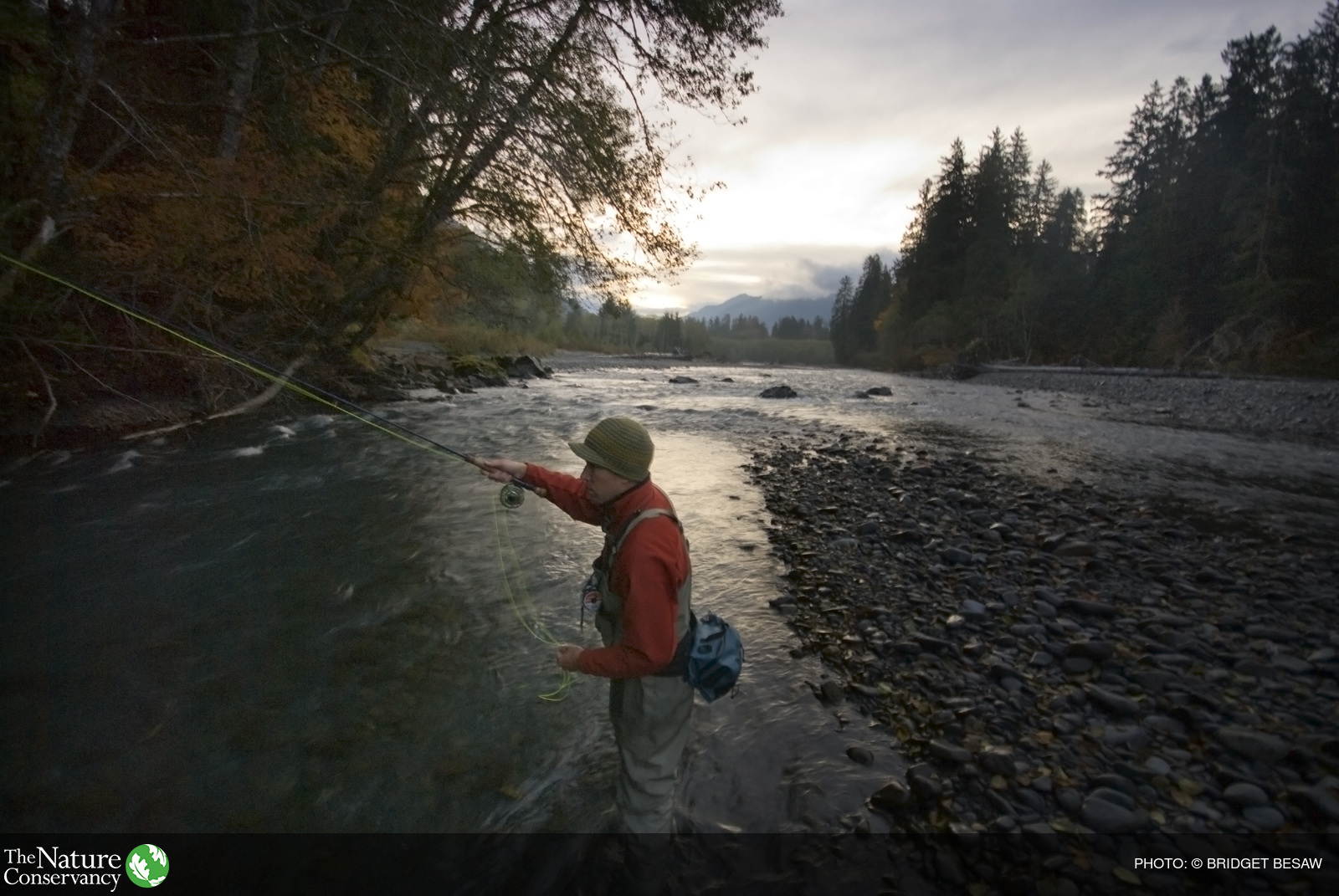Congress has released its omnibus federal spending package, which sets funding levels for government agencies for Fiscal Year 2016. It also contains a number of conservation and environmental provisions that will affect America’s lands, waters, and wildlife, including a three-year reauthorization of the Land and Water Conservation Fund (LWCF) and funding that program at $450 million next year. The House and Senate are expected to vote on the bill later this week.
Nature Conservancy statement on expiration of Land and Water Conservation Fund
SEATTLE—Despite impassioned pleas from Senators on both sides of aisle, the country’s most successful conservation program expired at midnight Wednesday, Sept. 30, as Congress failed to reauthorized the Land and Water Conservation Fund.
Since 1965, this program, which uses a small percentage of revenue from offshore oil and gas drilling to invest in lands, water, recreation and working landscapes, has fundamentally shaped our state and country. It has brought more than $637 million in federal funding to every corner of our state, from the San Juan Islands to the Columbia River to the Turnbull Wildlife Refuge outside of Spokane. It also provides matching grants to help states and local communities protect parks and recreation resources. This program benefits everyone – hunters, anglers, backcountry horsemen, wildlife watchers, cyclists, soccer players, families, farmers and ranchers and those who just love living in Washington.
“The failure to reauthorize the Land and Water Conservation Fund is a disappointment for every family and business in Washington who have come to rely on the clean water, recreational opportunities, wildlife habitat and quality of life that this 50-year-old conservation program affords.
Now it’s time for every Washingtonian to speak with one voice, in partnership with our own elected officials in Washington, D.C. who are championing the restoration of this essential program.”
























